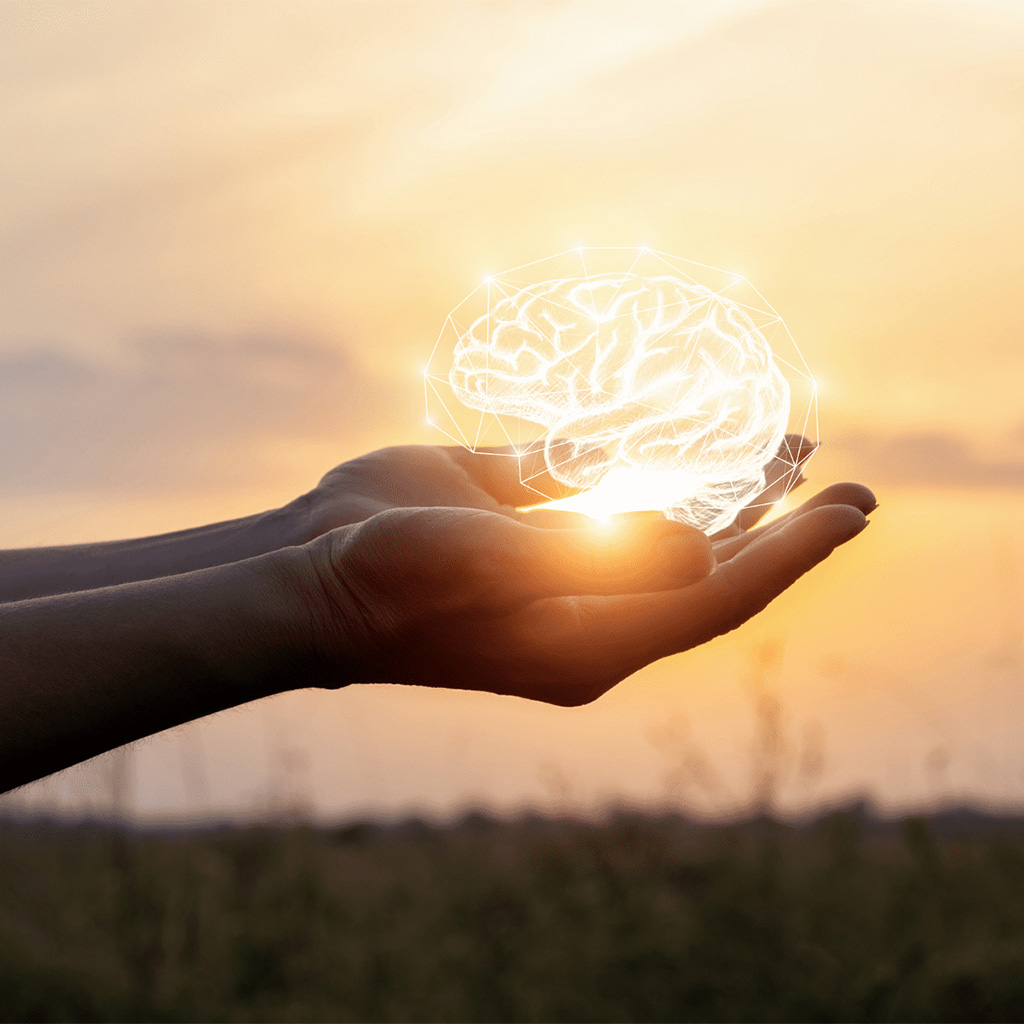As people navigate through life, they often focus on physical health, neglecting an essential aspect: brain health. The brain, a powerful organ, demands attention and care to maintain its sharpness and vitality throughout the journey of aging. Mindful aging involves adopting practices that promote cognitive well-being, ensuring individuals remain mentally agile and engaged. Here’s a exploration into strategies for keeping your brain in tip-top shape as the years go by.
Nurturing Your Brain’s Potential
The concept of mindful aging revolves around harnessing the brain’s potential and mitigating the risks of cognitive decline. Through deliberate actions and lifestyle choices, individuals can nurture their brain health, much like tending to a garden, to reap the rewards of a sharp mind for years to come. This proactive approach to brain care is becoming increasingly relevant in a world where longevity is on the rise.
Brain plasticity, or neuroplasticity, forms the foundation of mindful aging. It refers to the brain’s remarkable ability to adapt and reorganize its connections, creating new neural pathways throughout life. This plasticity means that the brain remains malleable, capable of learning and changing even into old age. By understanding and harnessing this plasticity, individuals can take control of their brain health and actively work towards preserving and enhancing their cognitive abilities.
A Multifaceted Approach to Brain Health
Maintaining brain health involves a holistic strategy that addresses various aspects of daily life. One crucial element is cognitive engagement, keeping the brain active and challenged. This can be achieved through learning new skills, acquiring a language, or engaging in hobbies that stimulate the mind, such as puzzles, games, or musical instruments. Challenging the brain with novel tasks helps forge new neural connections, promoting cognitive flexibility and resilience.
Physical exercise is another cornerstone of brain health. Regular aerobic exercise increases blood flow to the brain, providing it with essential nutrients and oxygen while also stimulating the production of new brain cells and improving mood and sleep quality. Incorporating activities like walking, swimming, or dancing into one’s routine not only benefits the body but also directly enhances brain function.
Nutrition plays a pivotal role in fueling the brain optimally. A brain-healthy diet includes an abundance of fruits, vegetables, healthy fats, and lean proteins, as seen in the Mediterranean diet. Such dietary choices provide the brain with the necessary nutrients to function optimally and ward off cognitive decline. Specifically, omega-3 fatty acids, found in fish, nuts, and seeds, are vital for brain health, supporting cell membrane structure and facilitating neural communication.
Adequate sleep is critical for brain restoration and detoxification. During sleep, the brain clears away waste products accumulated during waking hours, ensuring it remains efficient and healthy. Establishing a consistent sleep schedule, practicing good sleep hygiene, and addressing sleep disorders are key to supporting brain health.
Social engagement and meaningful connections are also vital pillars of mindful aging. Interacting with others, maintaining social networks, and engaging in community activities stimulate the brain and provide a sense of purpose and well-being. Strong social ties have been linked to better cognitive performance and a reduced risk of dementia.
Lastly, managing stress and cultivating a positive mindset are essential. Chronic stress can negatively impact the brain, affecting memory and cognitive function. Mindfulness practices, deep breathing, and meditation can help alleviate stress and promote a sense of calm and focus. Maintaining a positive outlook and engaging in activities that bring joy and laughter can also boost brain health.
Aging with Cognitive Agility
Mindful aging empowers individuals to take control of their brain health, making conscious choices that foster cognitive agility and resilience. By embracing these holistic strategies, individuals can actively contribute to their brain’s health, enhancing their quality of life and overall well-being as they journey through the years ahead.
In the pursuit of mindful aging, it is beneficial to seek out resources and support systems that can provide guidance and motivation. This may include participating in community programs, engaging with support groups, or utilizing digital tools and apps that offer brain-training exercises and mindfulness techniques. Additionally, consulting with healthcare professionals, such as geriatric specialists or neurologists, can provide personalized advice and help address specific concerns or risks related to brain health.
The journey of aging is unique to each individual, and mindful aging acknowledges this by offering a customizable toolkit of strategies to suit varying needs and interests. By adopting even a few of these practices, individuals can make significant strides in preserving and enhancing their brain health, ensuring they continue to live a vibrant and fulfilling life well into their later years. Embracing this proactive approach empowers people to stay mentally sharp, adaptable, and engaged, no matter the stage of life they find themselves in.
In conclusion, mindful aging is about recognizing the incredible potential of the brain to adapt and thrive throughout life and taking the necessary steps to nurture its health. Through cognitive engagement, physical activity, healthy eating, adequate sleep, social connection, and stress management, individuals can forge a path toward optimal brain function and overall well-being. By prioritizing brain care, we empower ourselves and our loved ones to embrace the aging process with a sharp and resilient mind, ready to take on the adventures that each new day brings.
Remember, aging is a privilege, and mindful aging ensures we make the most of our journey, celebrating each moment with a clear and vibrant mind. Embrace these strategies, and together, let’s navigate the path of life with cognitive agility and a profound appreciation for the power of our incredible brains.
(This article provides general information only and should not replace advice from medical professionals.)

















One thought on “Mindful Aging: Keeping Your Brain Sharp Through the Years”